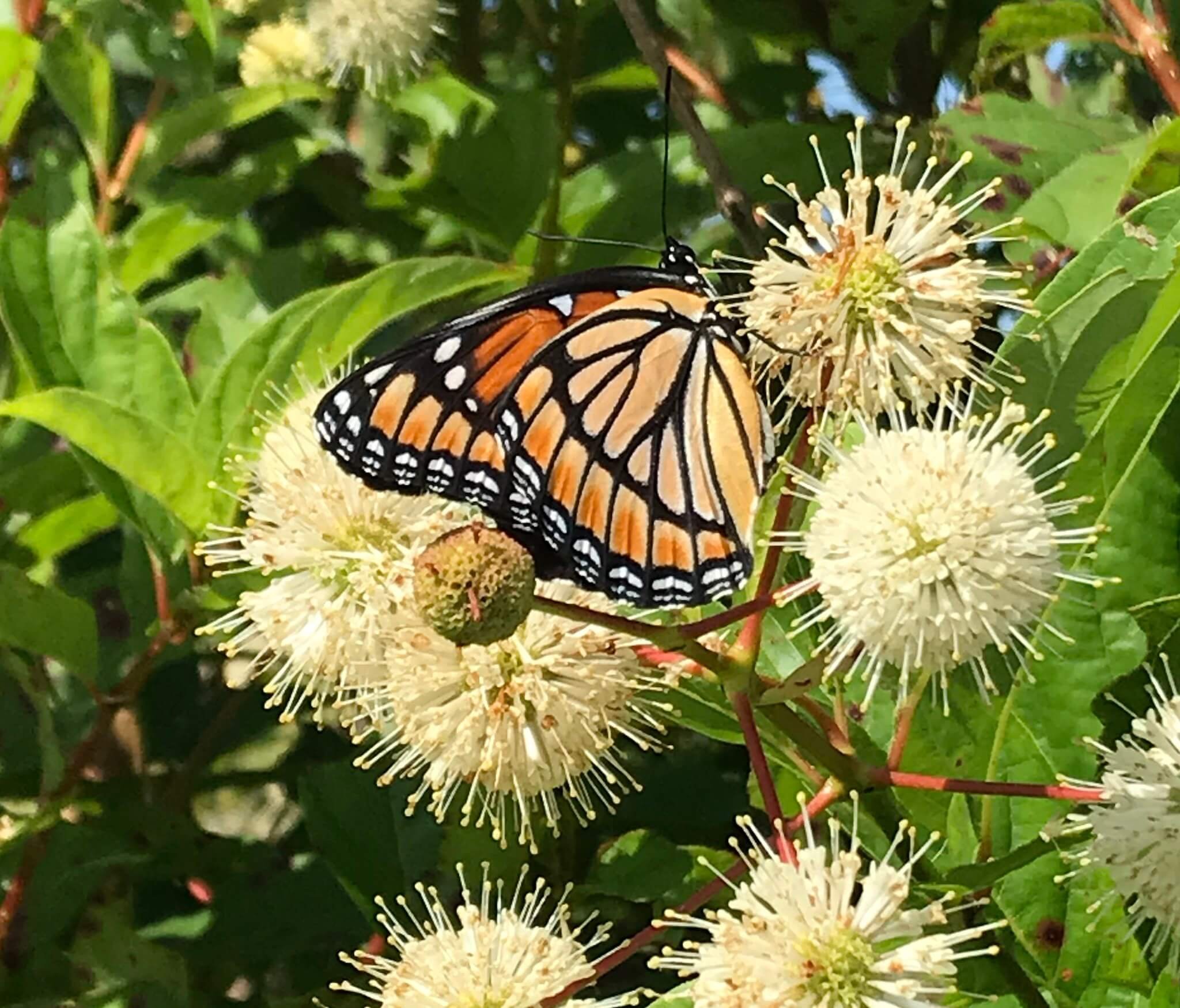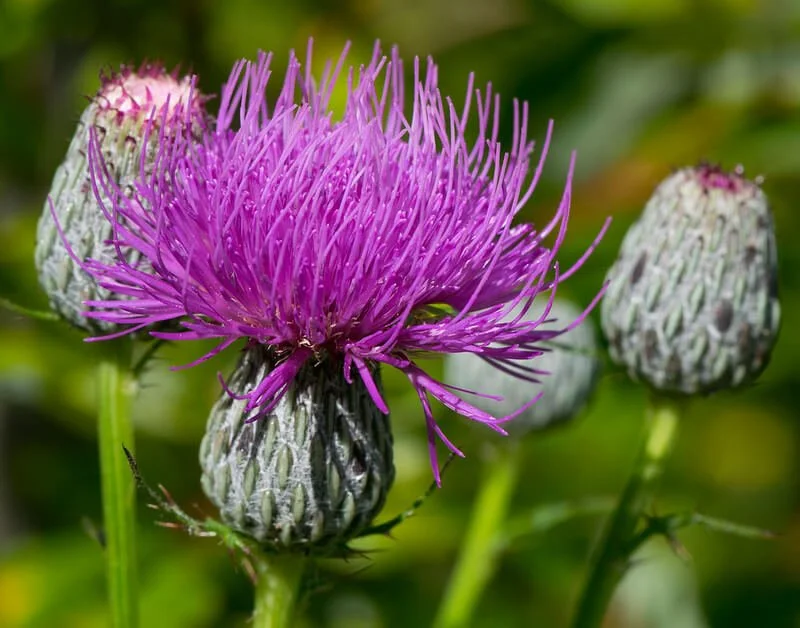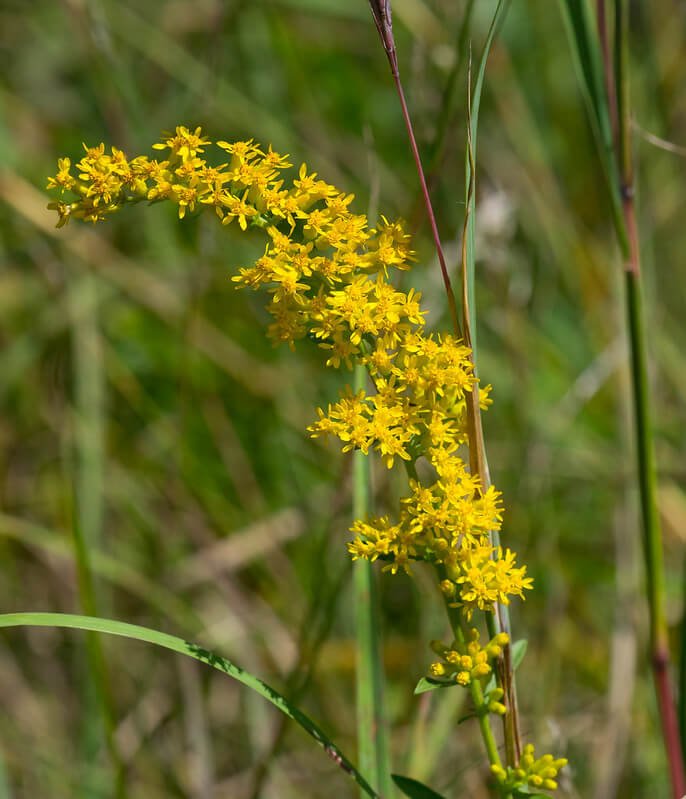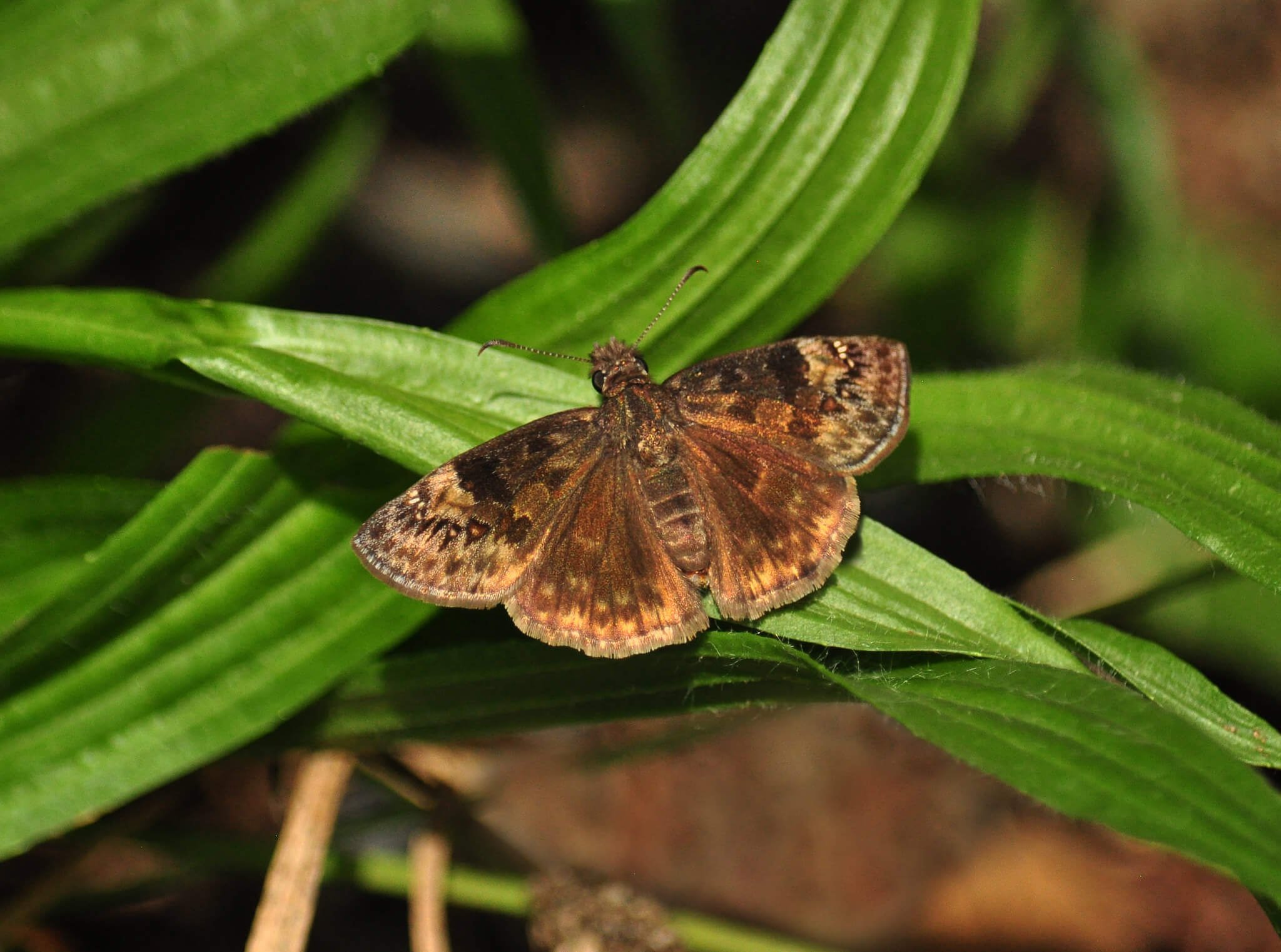Life Cycle: Perennial
Sun Exposure: Full, Partial
Soil Moisture: Wet, Medium-wet
Height: Up to 12 feet
Plant Spacing: 3-5 feet
Bloom Time: June-August
Bloom Color: White
Advantages: Caterpillar Favorite, Pollinator Favorite, Bird Favorite, Deer Resistant, Rain Garden
Host Plant: 21 species of butterflies and moths use this as a caterpillar host plant in our area (nwf.org)









